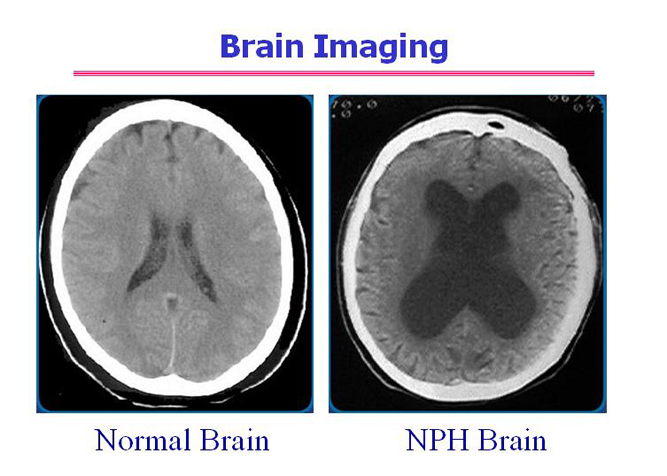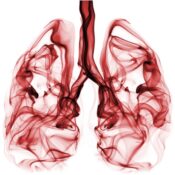
“Doctors diagnosed me with Parkinson’s disease in the late ’90s and I was just fading away—but they were wrong,” says J.D. Cain, a retired stone-cutter living in Indiana. “My real problem was water on the brain—a condition called normal pressure hydrocephalus. After treatment, my tremors and dementia went away, and I told my grandsons ‘the Jeopardy champ is back!’”
Normal pressure hydrocephalus (NPH) can cause disturbing changes in a person’s ability to think and walk, symptoms that are all-too frequently misdiagnosed as dementia, Alzheimer’s, Parkinson’s disease, or attributed to age.
The good news is that, unlike Alzheimer’s and Parkinson’s, NPH can potentially be reversed with proper treatment. But an accurate diagnosis is the first step.
According to the Hydrocephalus Association (hydroassoc.org), 375,000 people—or 5 percent—diagnosed with Parkinson’s and dementias, including Alzheimer’s disease, may actually have NPH.
MRI scans help diagnose adults with NPH, an often progressive condition that occurs when excess cerebrospinal fluid (a clear fluid that surrounds the brain and spinal cord) builds up within the brain and disrupts memory, walking, mood, and bladder control. In some patients, like Cain, surgery to route extra fluid out of the brain and into the abdomen can dramatically reverse or improve symptoms within weeks.
“Right now, people out there are shaking, stumbling, and unable to control their bladder,” says Cain. “My grandfather, a good ol’ country doctor, once said to listen to your body and keep looking for help if you’re not satisfied. That’s what I did, and I encourage others to do it, too. I still get teary-eyed thinking of all those years that NPH took away from me and my wife. But now my NPH symptoms are completely gone, and it’s great to enjoy life again.”
Resources:
- Life NPH: Take a screening quiz, watch a video, and request a free information kit.
- National Institutes of Health: Get a detailed overview and link to clinical trials.
- Alzheimer’s Organization: Learn about 10 types of dementia.
- Search YouTube for ‘normal pressure hydrocephalus’ to view inspiring stories of lives regained.
Photo credit Codman
Become a Saturday Evening Post member and enjoy unlimited access. Subscribe now



